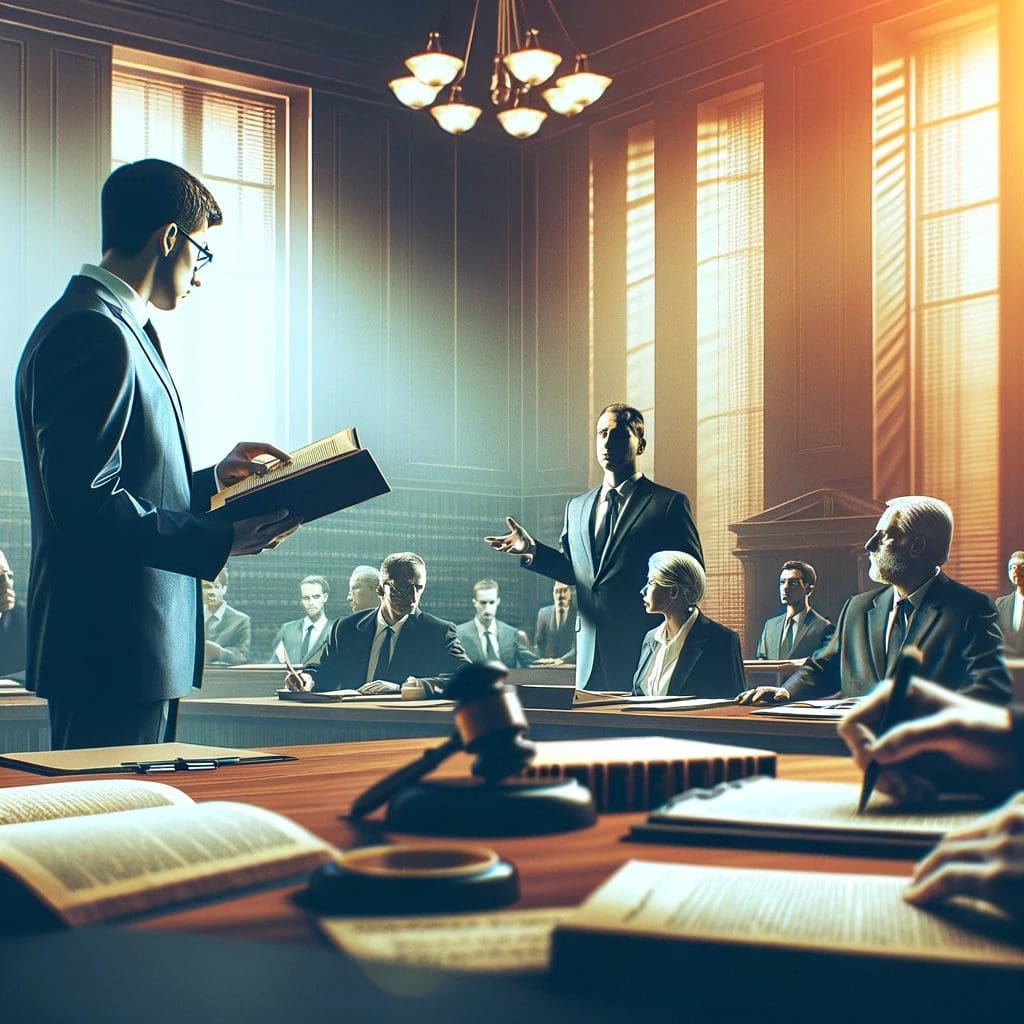Constitutional Violation
Constitutional Violations in the Legal Landscape: Understanding and Addressing Infringements
In the intricate tapestry of the legal system, constitutional violations represent profound breaches of the fundamental principles that govern and protect our society. These violations can occur in various forms, ranging from individual rights infringements to systemic issues within legal and governmental institutions. Understanding these violations is crucial for legal professionals, citizens, and policymakers.
Defining Constitutional Violations: At its essence, a constitutional violation arises when a government action, law, or policy contravenes the rights and liberties enshrined in the Constitution. This includes infringements on the Bill of Rights, such as freedom of speech, religion, assembly, the right to a fair trial, and protection against unlawful search and seizure.
Scope and Types of Constitutional Violations: These violations manifest in diverse contexts. Government overreach can infringe on individual freedoms, law enforcement actions may violate due process rights, and legislative policies might suppress civil liberties. Each type poses unique challenges and demands specific legal scrutiny and response.
Judiciary’s Role in Safeguarding Rights: The judiciary serves as the bulwark against constitutional violations. Courts at various levels scrutinize laws and actions for constitutional compliance, striking down those that overstep legal boundaries. This judicial oversight is pivotal in maintaining the balance of power and protecting individual rights.
Navigating Legal Redress for Violations: Victims of constitutional violations have legal avenues for redress. They can seek injunctions to halt unconstitutional actions, claim damages, or challenge unjust laws. The path to justice, however, is often complex, requiring adept legal representation and a comprehensive understanding of constitutional jurisprudence.
Constitutional Violations and Societal Impact: The implications of constitutional violations extend beyond individual cases, influencing societal norms and governmental policies. Precedents set in these cases can reshape the interpretation of rights and inform future legal and legislative developments.
Strategic Litigation in Constitutional Cases: Addressing constitutional violations in court demands strategic litigation. Lawyers specializing in constitutional law employ nuanced arguments, citing precedents and employing persuasive rhetoric to demonstrate how specific actions violate constitutional tenets.
Trends and Landmark Cases in Constitutional Law: The landscape of constitutional law is dynamic, shaped by landmark rulings and emerging societal issues. Recent trends reflect growing concerns over digital privacy, freedom of expression in the digital age, and equal protection under the law.
The Criticality of Advocacy and Awareness: Protecting constitutional rights requires continual advocacy and public awareness. Individuals, legal experts, and civil rights organizations must remain vigilant, ready to identify and contest violations. Education and public discourse play significant roles in fostering a society that values and upholds its constitutional commitments.
In conclusion, constitutional violations are significant challenges within the legal system, directly impacting the bedrock of democratic values and individual freedoms. Understanding the nature of these violations, the avenues for legal recourse, and the strategies for effective litigation is essential for legal professionals and all who advocate for justice and equity. As societies and legal paradigms evolve, the defense of constitutional rights remains a paramount endeavor, demanding dedication, expertise, and an unwavering commitment to the principles of justice and liberty.

